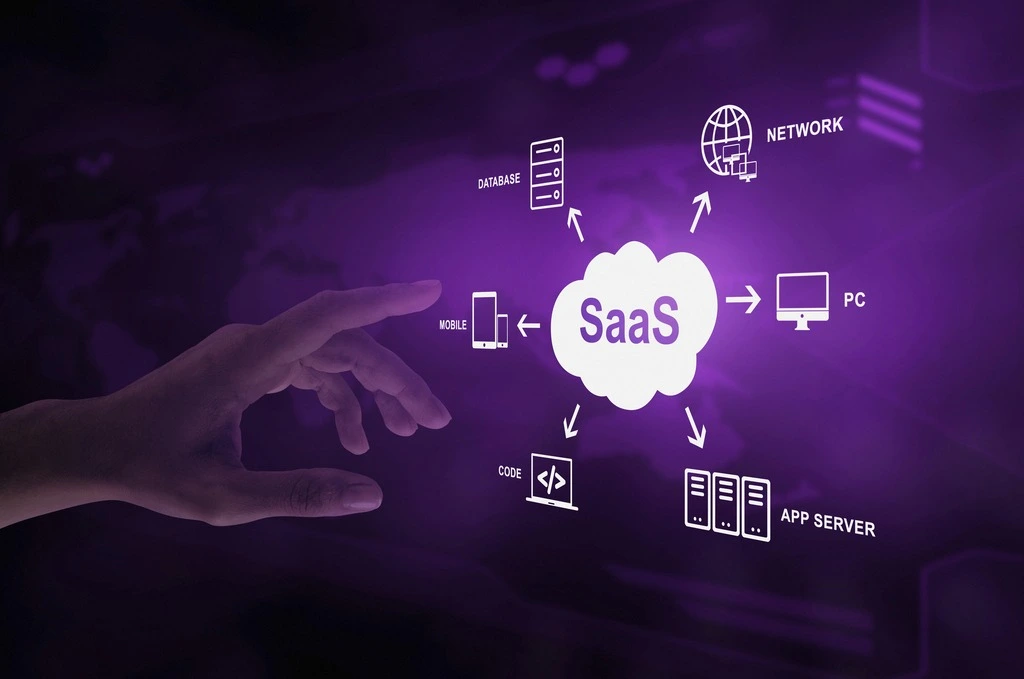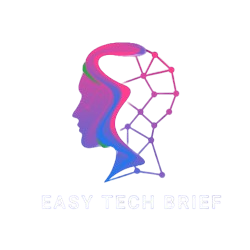Cloud computing plays a crucial role in Industry 5.0, driven by AI. Let’s explore how it can benefit your personal and professional life.
What exactly is cloud computing?
Cloud computing delivers computing services over the internet without the need to purchase, install, or maintain your own infrastructure.
Think of it like renting a house: you pay your landlord a rental fee, and they manage everything, including maintenance. Similarly, you pay a monthly fee to your cloud service provider, who handles all your computing needs.
How many types are there of cloud services?
Regarding service providers, there are many options ranging from general data storage to advanced machine learning and AI tools. However, they can be classified into three major categories: Infrastructure as a Service (IaaS), Platform as a Service (PaaS), and Software as a Service (SaaS).
1. Infrastructure as a Service (IaaS)
IaaS offers the essential components for cloud IT, such as processing, storage, networks, virtual machines, and operating systems. This model gives users significant control over their IT resources, making it ideal for businesses that need custom applications.
2. Platform as a Service (PaaS)
PaaS offers a platform for developing, testing, deploying, and managing applications, helping businesses save time and money by removing the need for their own infrastructure and tools. It also improves agility and security.
3. Software as a Service (SaaS)

SaaS delivers subscription-based software applications over the internet, allowing users to access them from anywhere without needing to install software on their computers. Common types of SaaS include CRM, accounting, HR, web hosting, and email software.
Who are the key players?
Major cloud service providers offer various services, including cloud storage, virtual servers, and databases, with pricing models ranging from pay-per-use to monthly or yearly subscriptions.
1. Google Cloud
Businesses that rely on data analysis should consider Google Cloud Platform, which provides tools like AutoML and BigQuery for managing large-scale data. In short, Google Cloud services encompass computing, storage, data analytics, and machine learning.
2. Microsoft Azure
Microsoft Azure offers seamless integration with Microsoft products like Windows Server and SQL Server. Users benefit from a wide range of services, including virtual machines, storage, and AI tools. Azure also provides secure hybrid cloud experiences and on-premises infrastructure, making it a popular choice for enterprise cloud services.
3. Amazon Web Services (AWS)
AWS is renowned for its extensive range of services, including computing, storage, databases, networking, analytics, AI, and machine learning, making it the leader in cloud computing. Users can tap into a vibrant community of developers and partners for resources and support.
Other well-known players in the cloud computing industry include IBM Cloud, Oracle Cloud, and Alibaba Cloud.

What potential benefits are there for me?
1. Students
Students can use cloud applications for their studies, such as:
- Cloud storage (e.g., Google Drive, OneDrive, Dropbox) for storing and sharing files with classmates.
- Collaborative tools (e.g., Trello, Jira) for managing group projects.
- Learning platforms (e.g., Coursera, Udemy) for online courses and resources.
2. Employees
The COVID-19 pandemic forced many employees to work from home, making cloud computing essential for this shift. Employees could access files anywhere and collaborate through shared documents, virtual meetings, and messaging apps. Cloud backup also protects data from loss. This familiarity with cloud applications persists today, along with specific software like CRM and sales tools to streamline work processes.
3. Business owners
Cloud computing is a cost-effective solution for running a business, especially for small businesses. It gives access to the same applications as larger companies and helps ensure regulatory compliance, allowing you to focus on your core operations.

You can use the following:
- Cloud hosting for your website
- Cloud-based accounting to manage invoices and taxes
- CRM software like HubSpot to automate customer relations
- Collaborative tools for project management
- Data backup apps to prevent loss and damage
4. Retired people
There are many features available for retired people, such as:
- Cloud-based video conferencing tools to stay in touch with distant family members.
- Telemedicine services to connect with healthcare providers and manage medications.
Conclusion
Cloud computing has transformed the digital economy, offering students, employees, businesses, and retirees powerful tools and collaboration platforms to boost productivity and efficiency.
With its vast potential for innovation, cloud computing will continue to shape the future of our digital world. What exciting possibilities lie ahead?


